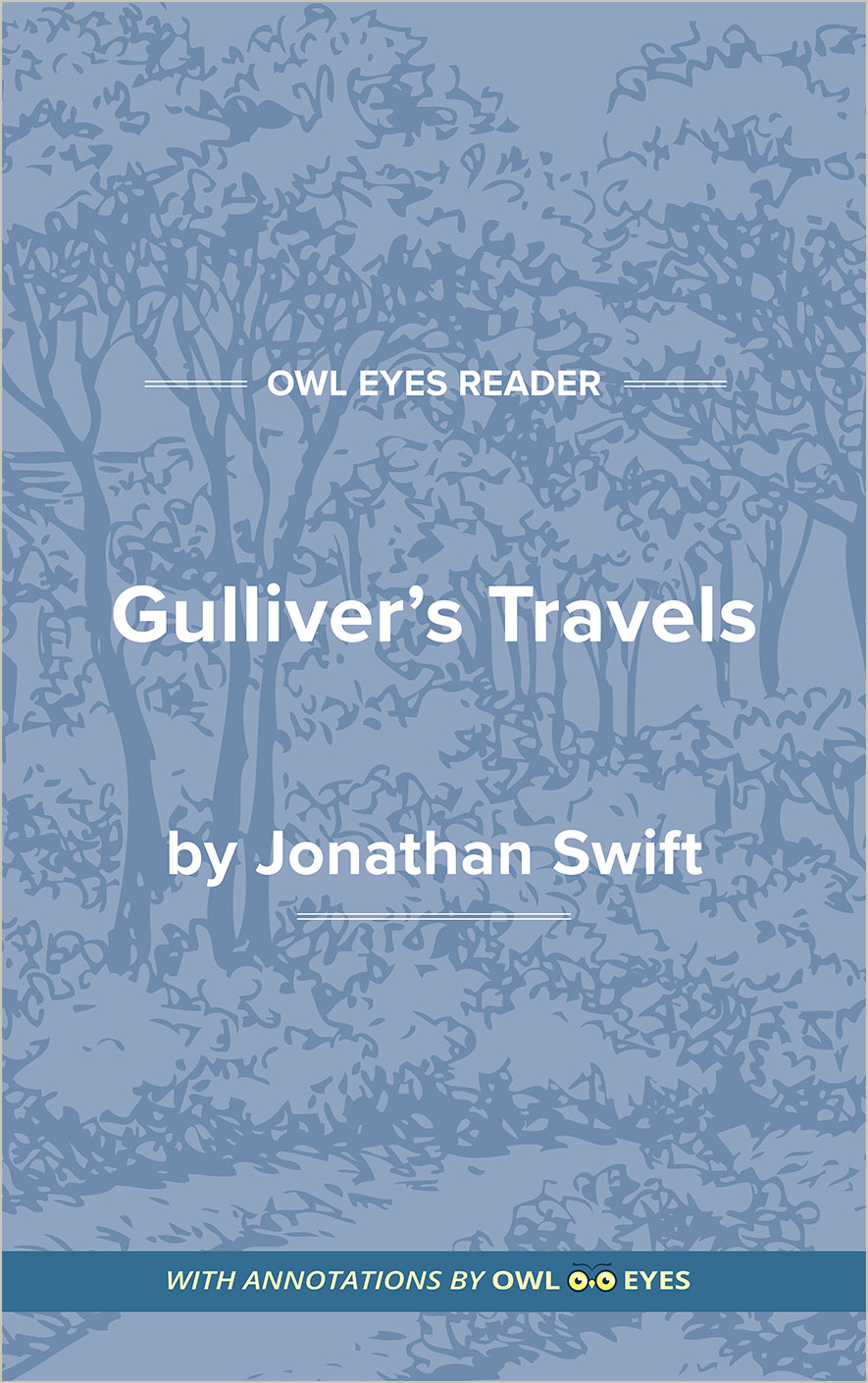Study Guide
Analysis Pages
Jonathan Swift Biography
Jonathan Swift, with perhaps the keenest mind and sharpest wit in an age marked by intellectual brilliance, was a mass of contradictions. He was dedicated to the ideals of rationality and common sense, yet he approached the irrational in his contempt for humankind’s failure to live up to his ideal. Profoundly distrustful of all “enthusiasm” or fanaticism, he was himself something of an enthusiast in his glorification of “pure reason.” He was possessed of one of the clearest and most direct styles in the English language, but the subtleties of his irony were misunderstood in his own and later ages.
Although biographical details do not adequately explain either the genius or the contradictions of Swift, the combination of extreme pride and a position of dependence on the favors of the rich or powerful throws light on the persistent dissatisfaction with life that colors almost all his work. Born in Dublin on November 30, 1667, the son of an impecunious Englishman who had settled in Ireland, Swift was educated at Trinity College with the aid of a wealthy uncle. In 1688 he left Ireland and became secretary to Sir William Temple at Moor Park, Surrey. Temple was not a congenial master, and Swift chafed to be independent in the more exciting world of London. It was the cultured Sir William, however, who gave polish to the somewhat uncouth young man and introduced him to his own world of wit and polite learning, and it was on his behalf that Swift entered the controversy over the relative merits of the “ancients” and the “moderns” in The Battle of the Books. In this brilliant example of neoclassical mock-heroic prose, Swift pours out his contempt for the self-righteous complacency of modern criticism and poetry. In this battle between the “ancients” and “moderns,” books by classical and modern authors war with one another. Swift attacks the hubris of moderns such as John Dryden. It was also at Moor Park that Swift first met Esther Johnson, possibly Temple’s illegitimate daughter, the “Stella” of his later life.
During this same period, Swift wrote A Tale of a Tub, a burlesque history of the Church in which his genius first revealed itself in its full force. Just as important as his tale of the degradation of the Church through selfishness and fanaticism are the numerous digressions on moral, philosophical, and literary subjects.
In 1694, dissatisfied with Moor Park, Swift returned to Ireland, where he was ordained an Anglican priest, but after a dreary year in an Irish parish he returned to England. Between 1708 and 1714 he lived in London, and during that period he achieved his greatest triumphs—social, literary, and political. He quickly became familiar with the literary lights of the age, including Richard Steele, Joseph Addison, Alexander Pope, and John Gay. He wrote pieces for Steele’s Tatler and entered Church controversies with such essays as the brilliantly ironic An Argument to Prove That the Abolishing of Christianity in England, May, as Things Now Stand, Be Attended with Some Inconveniences, and Perhaps Not Produce Those Many Good Effects Proposed Thereby.
In 1710, partly from hopes of personal advancement and partly through a passionate interest in defending the prerogatives of the Church, Swift switched his allegiance from the Whig to the Tory Party. This move won for him the enmity of Whigs such as Addison and Steele but gained him even more powerful friends in Robert Harley and Henry St. John, leaders of the new Tory ministry. Swift’s political writing, in the Tory Examiner (which he edited briefly, 1710-1711) and in pamphlets attacking Robert Walpole and the duke of Marlborough, proved a powerful aid to the Tory administration in its attempts to discredit the Whig “war party.” For his untiring labors, Swift hoped, and expected, to be rewarded with ecclesiastical preferment, perhaps a bishopric, but the memories of those who have risen to high places are notoriously short. Finally, in...
(The entire page is 1,203 words.)
Owl Eyes subscribers get unlimited access to our expert annotations, analyses, and study guides on your favorite texts. Master the classics for less than $5/month!

